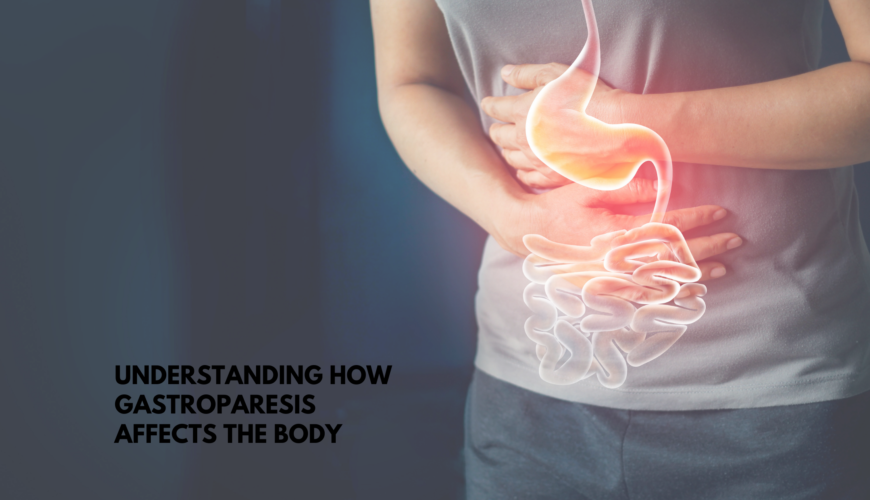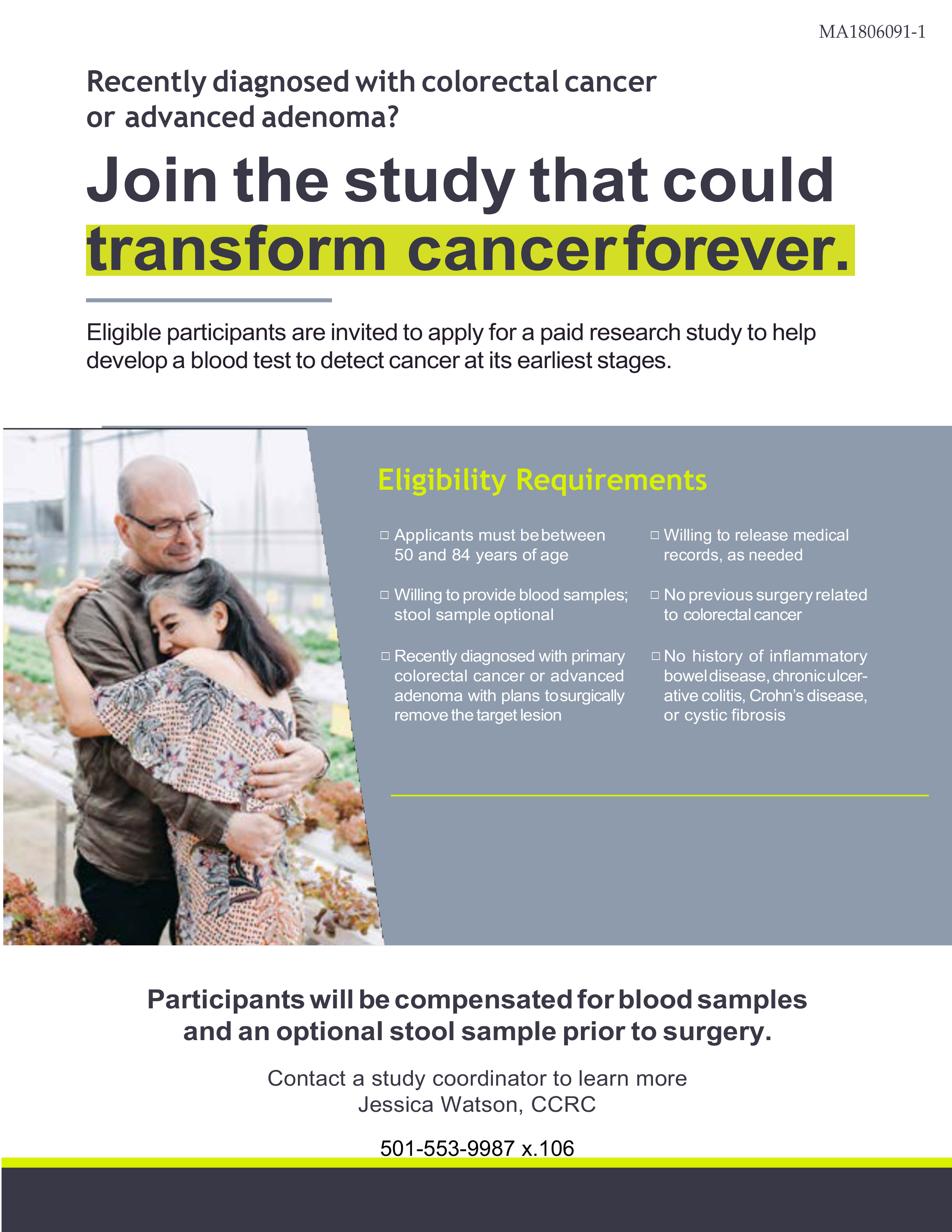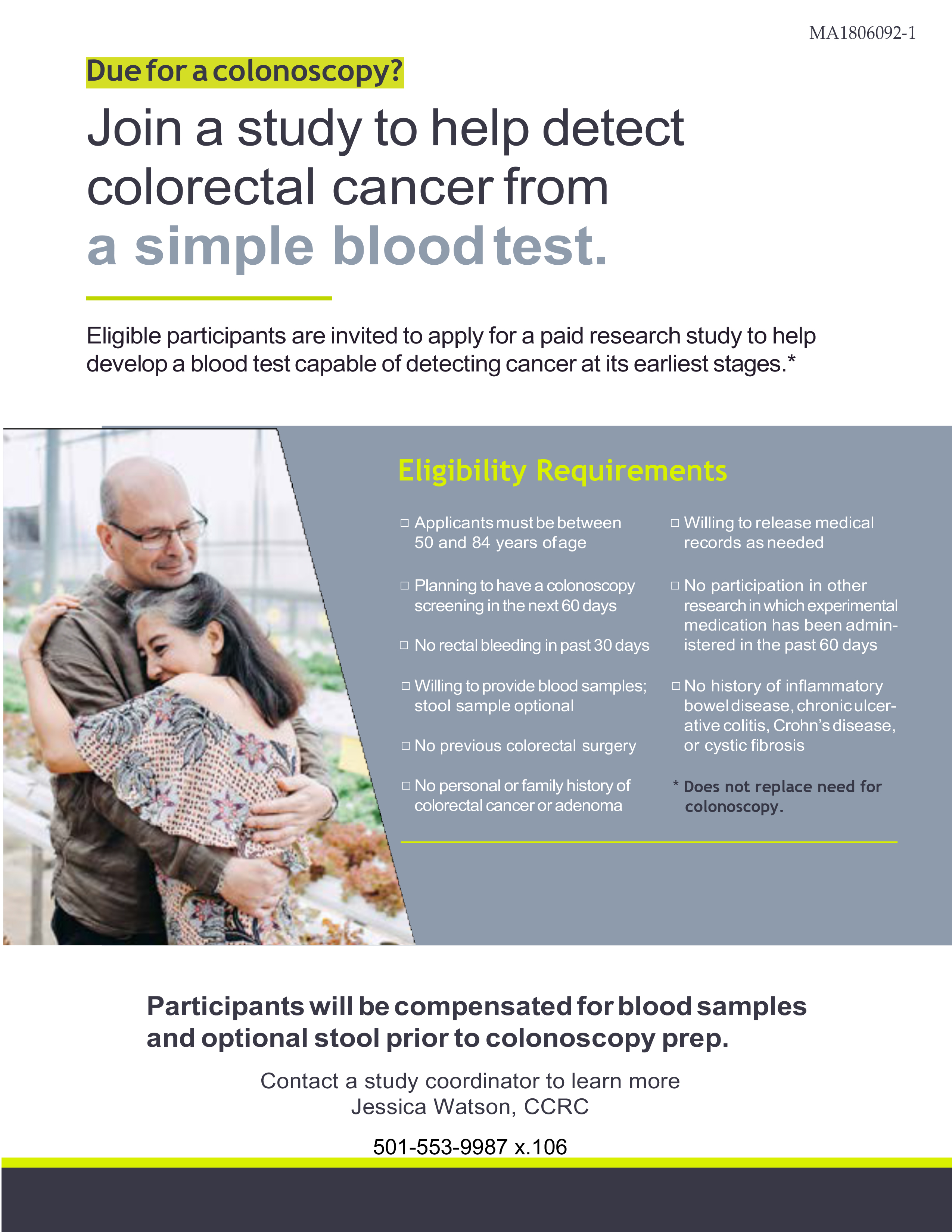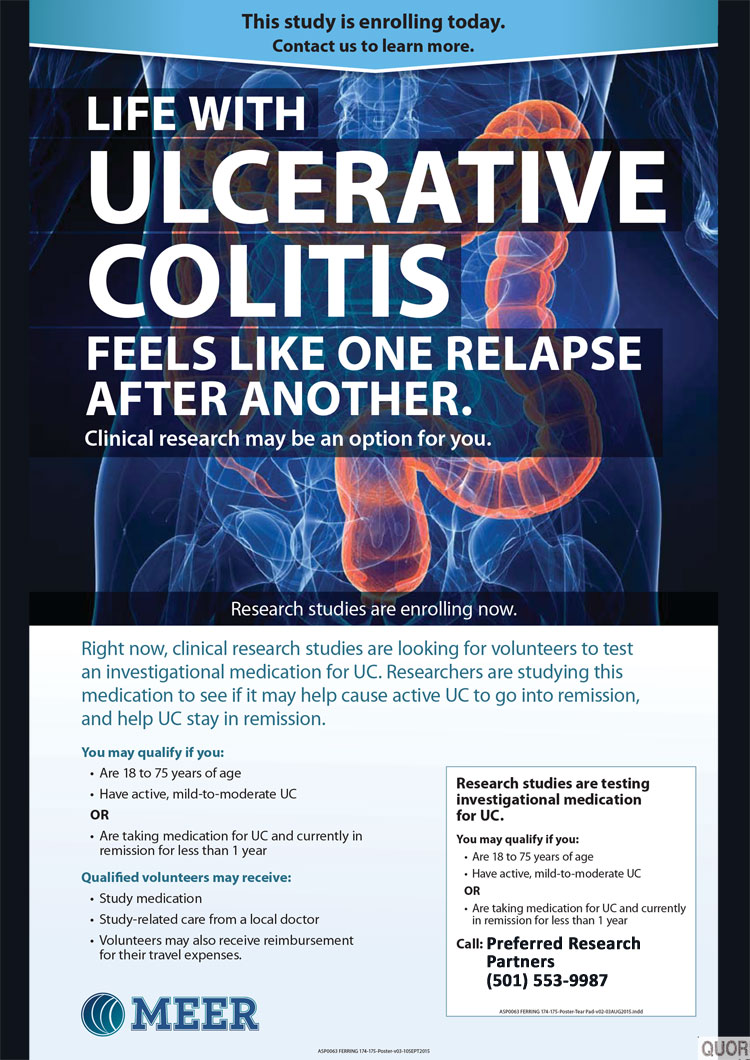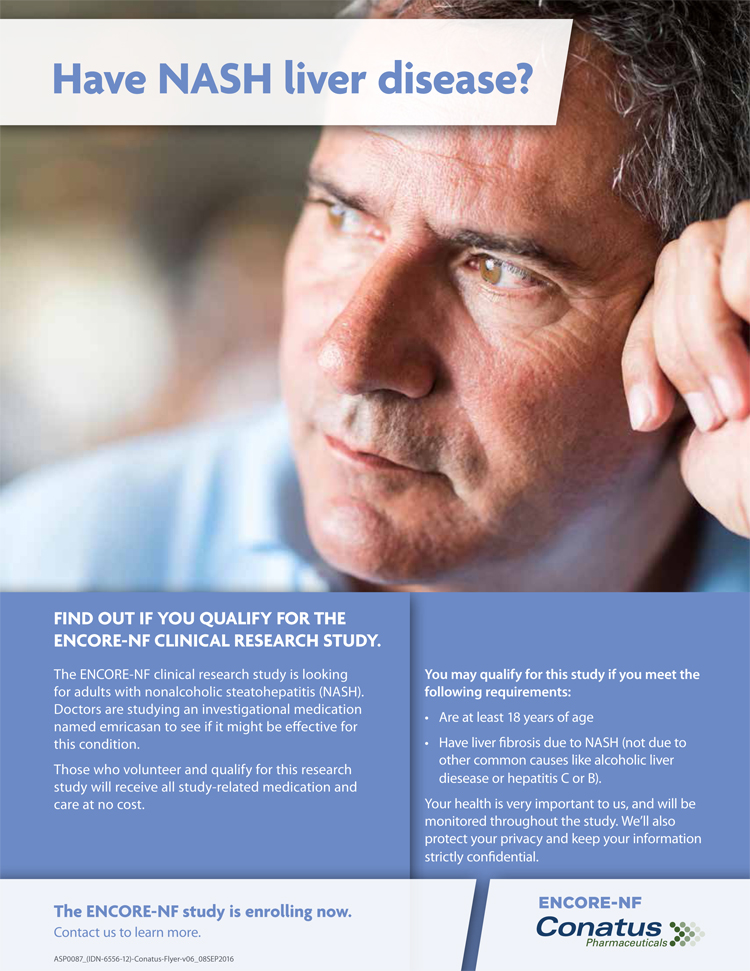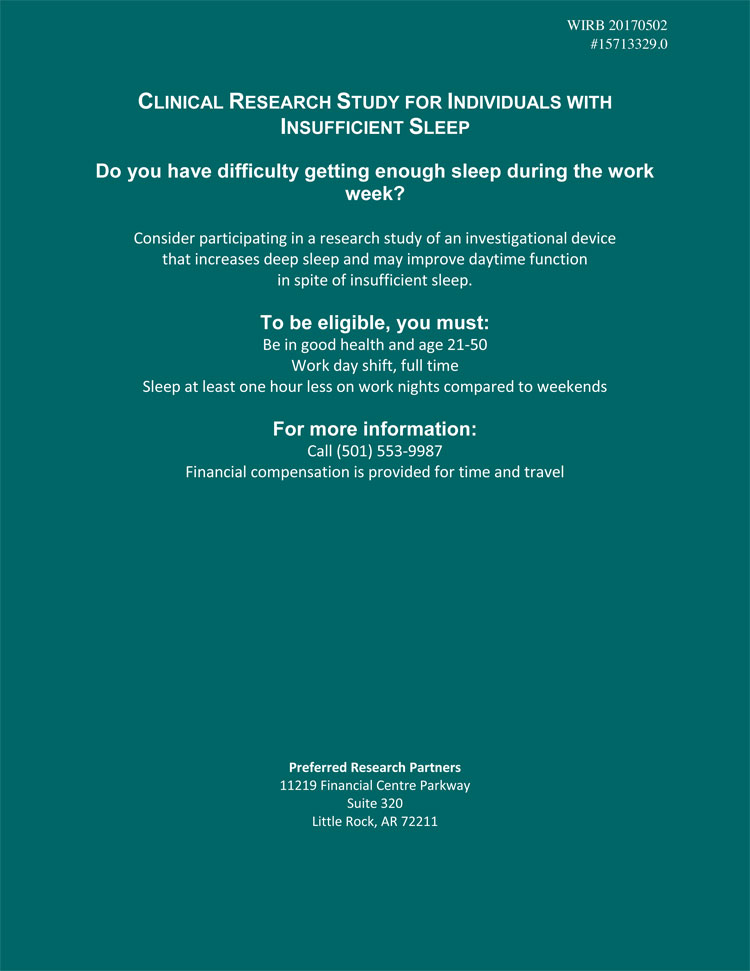What is gastroparesis?
Gastroparesis is a disease that hinders the way the stomach can empty itself out. It notably affects the way the muscles in the stomach move. Normally, the movement of muscles in the stomach contract strongly during the movement of food within the digestive system. With gastroparesis, these muscles are weakened, and the weakening can prevent the stomach from emptying properly. Often, damage to the vagus nerve (the nerve that controls the stomach muscles) is the reason someone develops gastroparesis.
What are the signs and symptoms for gastroparesis?
The digestive system can be an indicator for how well or healthy a person feels. When difficulties occur within the digestive system, it can have a great impact in how a person feels. Be on alert if these signs or symptoms persist as they could be an indicator for gastroparesis or a much larger problem:
- Dyspepsia
- Dyspepsia is an encompassing term for the combination of:
- Bloating
- Nausea
- Easily becoming full during a meal
- Heartburn
- Pain or discomfort in the upper abdomen
- Vomiting
- Vomiting undigested food from only a few hours ago
- Vomiting due to nausea
- Weight loss
- Abdominal bloating
- Hyperglycemia
- High blood sugar due to the rate of food passing through the small bowel can occur in people living with either Type-1 or Type-2 diabetes. When poor control of blood sugar occurs, it also makes the gastroparesis worse, causing vagus nerve damage. Diabetes and gastroparesis can create a cycle of poor blood sugars and other complications together. Diabetes and gastroparesis often react to one another, creating a subtype of gastroparesis called ‘diabetic gastroparesis’.
- Dyspepsia is an encompassing term for the combination of:
Can gastroparesis lead to complications?
If not managed properly, gastroparesis can lead ongoing complications caused by the signs and symptoms, they include:
- Severe dehydration caused by ongoing vomiting.
- Malnutrition caused by poor appetite. This often occurs with weight loss.
- Undigestible food left in the stomach may become a life-threatening instance if the food is left to prevent food passing through the digestive system.
- Poor blood sugar control
Join a gastroparesis clinical trial with Preferred Research Partners
Being aware of your body’s digestive functionality and the potential for gastroparesis is essential for your digestive health. If you or a loved one experience gastroparesis, consider a clinical trial with Preferred Research Partners in Little Rock, Arkansas. Sign up to learn more!

